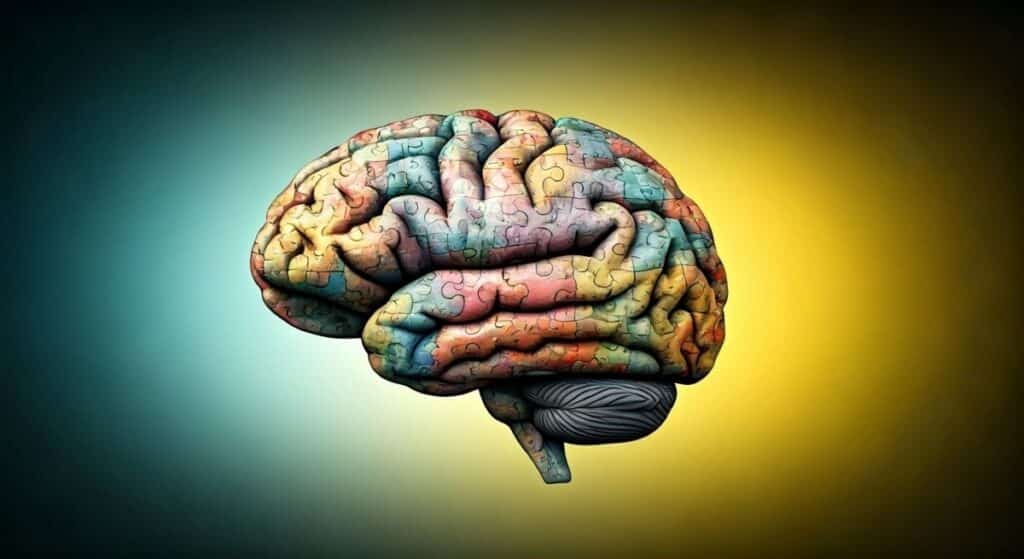Both IEPs and 504s exist to serve students with special needs. In a nutshell, one is a legal document detailing the classification and instructional goals and services, while the other simply provides a handful of modifications to the learning environment but not a special education program, curriculum, or service.
What is a neuropsychologist?
A neuropsychologist is a type of psychologist with a specialization in assessments using standardized tools and measures. Using these objective methods, a neuropsychologist can answer the questions other health professionals may not have been able to. They attempt to draw a connection between intellect, neurological functions such as attention and memory, but also with psychiatric or emotional issues.
A neuropsychologist holds a PhD or a PsyD with extensive post-doctoral training in assessments, from hospital and clinical settings. Neuropsychologists, although perhaps referred to as cognitive or experimental psychologists, may also work in academic settings where they conduct research to better understand the role of the brain in the human condition. Clinical neuropsychologists utilize these studies to help develop tests and apply them to their practice.
Understanding the role of a neuropsychologist
Neuropsychologists are almost never the first stop in a patient’s treatment. Most people will consult with their primary care about a concern such as poor attention or depression. The doctor may refer to a psychologist or a psychiatrist or even a neurologist. However, when treatment and medication do not work as expected, the health professionals may find themselves uncertain on how to proceed. They may require a deeper analysis for clarity on the needs of the patient. Some patients have overlapping or complex concerns that cannot be addressed by one specialist or in a consult. That’s where a neuropsychologist comes in!
A neuropsychologist will take the referral from the patient or the other health professional and start to build a ‘case.’ They will gather data, from interviews, prior records, medical and educational documentation, before deciding on the battery of tests to use.
A battery of tests likely include an IQ test for cognition, neurological tests to examine attention and memory, tests specifically designed for ADHD and autism, educational tests and those for Dyslexia and Dycalculia, as well as visual spatial and perceptual issues. There is usually a set of tests designed to explore psychiatric functioning so that the data can be examined as a whole, not in parts.
A good neuropsychologist understands the interplay between the many layers and complexities of the mind and explains it in simpler form.
Who do neuropsychologists help?
Neuropsychologists can help assess varying degrees of brain injury, neurological conditions like dementia and epilepsy, developmental disorders like ADHD or autism, and learning disabilities. Neuropsychologists don’t always – but should – include psychiatric and psychological testing, as it often impacts functioning beyond the neurological. Neuropsychologists can diagnose children, teenagers, young adults, and older adults. They can also work with patients who have suspected mental health issues but haven’t been formally diagnosed yet.
Where do neuropsychologists work?
Since neuropsychologists are experts of a field that is applicable in countless situations, they are able to contribute considerably in a number of different environments.
Neuropsychologists work in a variety of settings, including but not limited to:
- Hospitals and clinics (neurology departments, rehabilitation units)
- Private practice settings
- Schools and educational institutions
- Research laboratories
- Forensics
How to become a neuropsychologist
Becoming a neuropsychologist requires dedication, patience, and a passion for navigating the mind. It’s a journey that combines a love for science and the desire to make a difference in people’s lives. Most neuropsychologists have decades of experience and when researching neuropsychologists, they should have the following credentials.
Neuropsychologist education requirements
A neuropsychologist spends a long time completing his or her academic qualifications. Normally, it takes a decade or more of school time to become qualified enough to start working. Consequently, during their school years, a neuropsychologist will learn about anatomy, brain function as well as brain disease and injury. Moreover, these individuals will also be able to partake in a number of courses including but not limited to psychology, philosophy, ethics, and psychiatry.
After completing a bachelor’s in psychology, neuroscience, or related field, neuropsychologists pursue a master’s degree in psychology or similar field. Then, depending on the state, neuropsychologists may end up pursuing a doctorate in clinical psychology with a specialization in neuropsychology. Neuropsychologists usually then complete a pre-doctoral internship in a clinical setting and a postdoctoral neuropsychology fellowship.
Licensure and certification
To practice psychology, neuropsychologists must obtain state licensure. Though optional, board certification through the American Board of Clinical Neuropsychology (ABCN) can be a significant achievement.
Neuropsychiatrist vs neuropsychologist - is there a difference?
You may have heard of neuropsychologists and neuropsychiatrists, but is there a difference between them? While these roles may sound similar, there are a few fundamental functions that separate them.
Neuropsychiatrists usually hold a medical degree (M.D. or D.O.) with a specialization in brain disorders. They focus on the diagnosis and medication treatment of conditions like anxiety, depression, and bipolar disorder.
Neuropsychologists hold doctoral degrees in psychology (Ph.D. or Psy.D.) with specialized training in neuropsychology. They assess the brain condition’s effects on cognition and do not actively treat the disorder.
While they do perform different tasks, neuropsychiatrists and neuropsychologists often collaborate to provide comprehensive care for individuals with complex needs. After they determine a diagnosis, neuropsychologists recommend their patients see psychiatrists who can provide counseling services. Oftentimes patients with neurological conditions will benefit from receiving therapy.
Consider neuropsychological testing at Comprehend the Mind
Contact a qualified neuropsychologist at Comprehend the Mind to discuss your concerns and learn more about the evaluation process.

